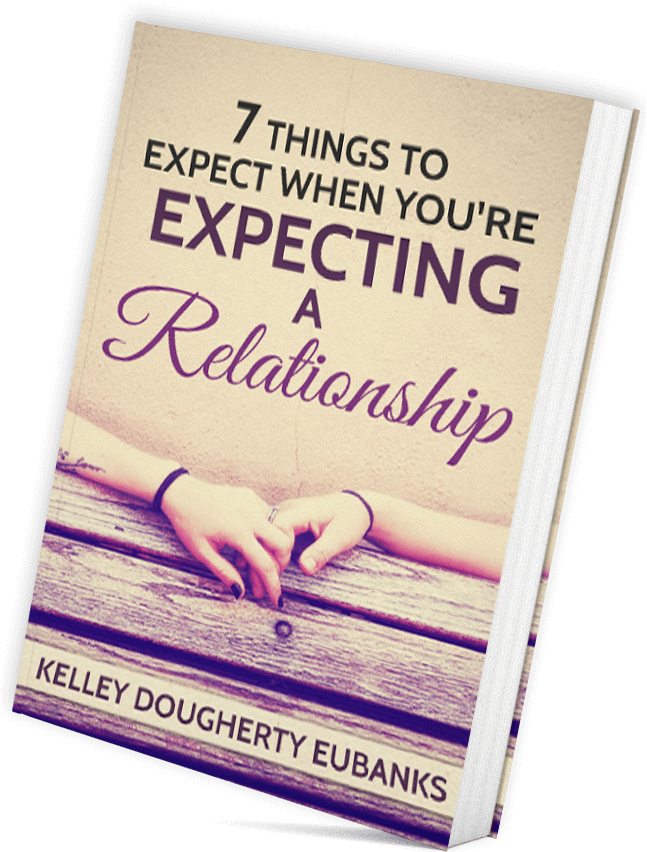Acceptance is often found in between the lines.
In Between The Lines Therapy and Wellness provides couples counseling and individual therapy by clinically-licensed therapists in Northern Liberties, Philadelphia.
Book a Therapy Session Virtual or In-Person
HIPPA Compliant Virtual - PA Only
Individuals - $149
Couples - $179
Session Time: 50 min
Get in Touch
Couples Counseling
Learn the root of the issues between you and your partner and
strengthen communication skills so that you can strengthen
your relationship. We can help repair intimacy and strengthen the foundation of your relationship.


Individual Therapy
Increase your awareness, process your thoughts and feelings, and
see how you change. We work with individuals to decrease anxiety,
depression, or any other challenge a client may face.
Family Therapy
The up and coming, blame free method of therapy that can change
the way your family interacts with each other by uncovering pat-
terns of interaction.


Group Therapy
A sense of community can help an individual process emotions during difficult
periods of his or her life. Join one of our groups to learn new skills,
increase your confidence, and gain different perspectives.
Want More Out of Your Relationship?
Download the free guide

![]()
“This ebook gives you seven VERY important tips that are needed for people entering into a relationship. The biggest factor I pulled from this was to trust (that was my favorite point). It was always a hang up of mine but Kelley illustrated this point perfectly to help show me a different path.”
Joe Pepe, Fitness Specialist at Men’s Health
Are you looking for a Licensed Therapist in Philadelphia to help you or your family work through a tough situation? Send us a note and arrange for a free, no obligation consultation.





